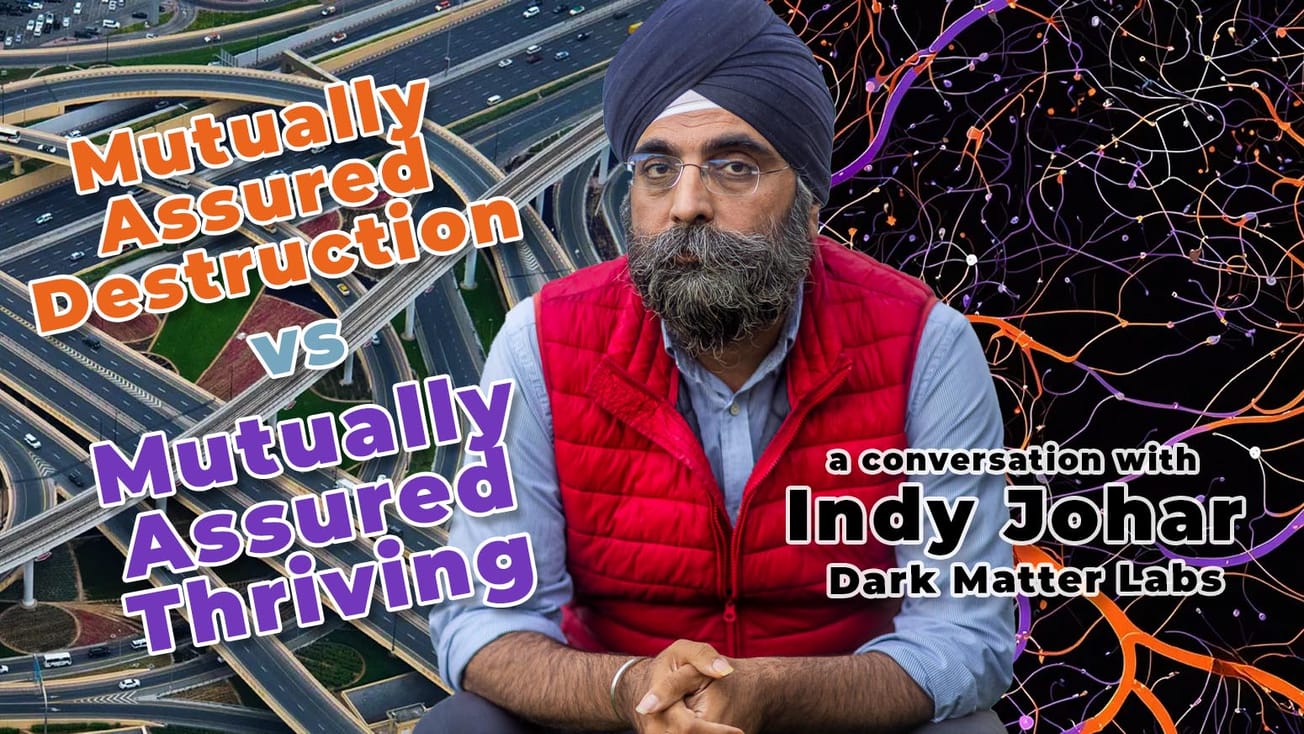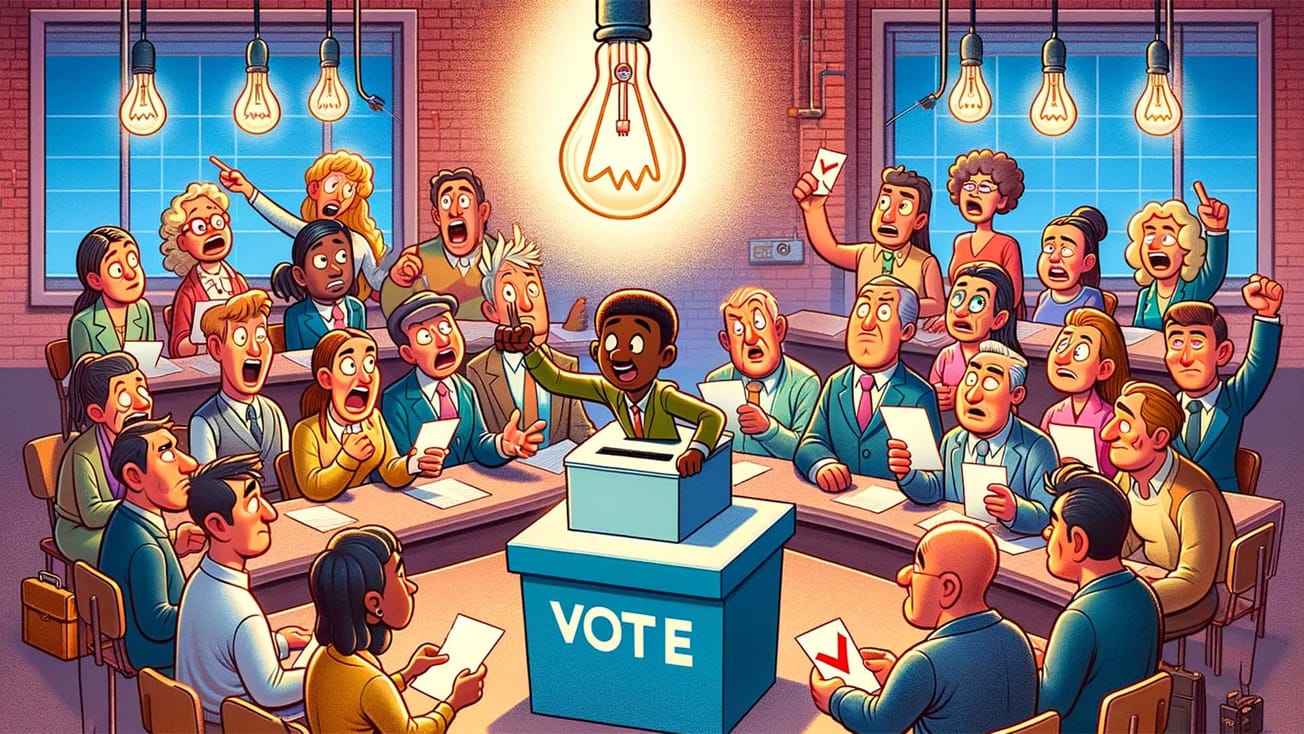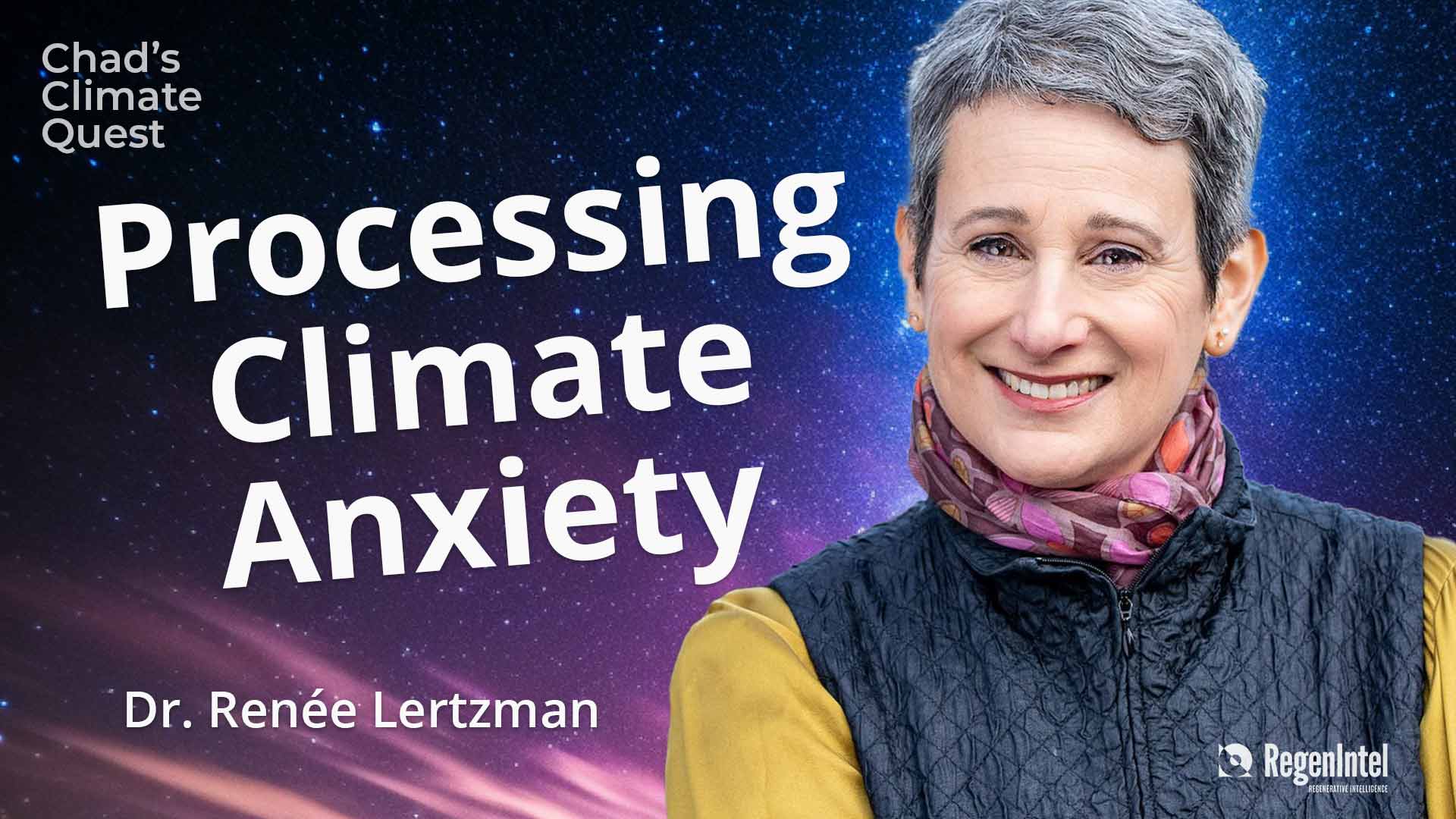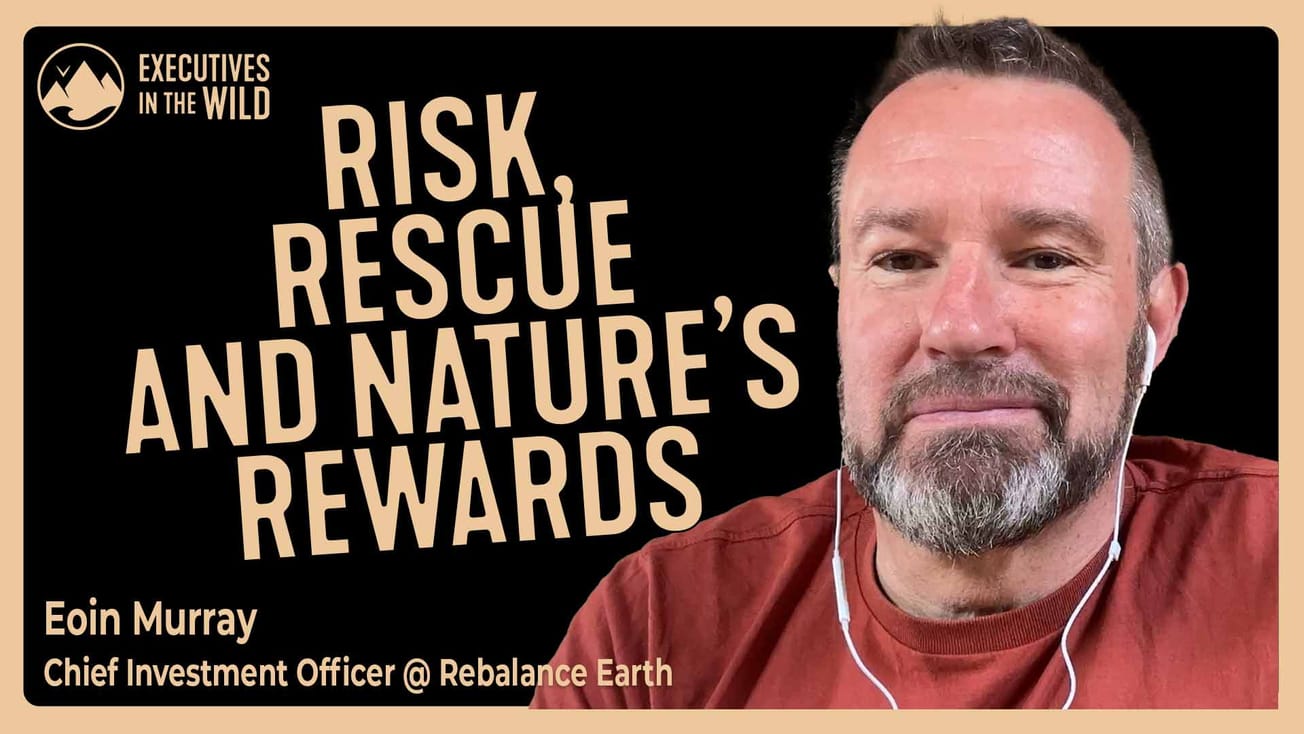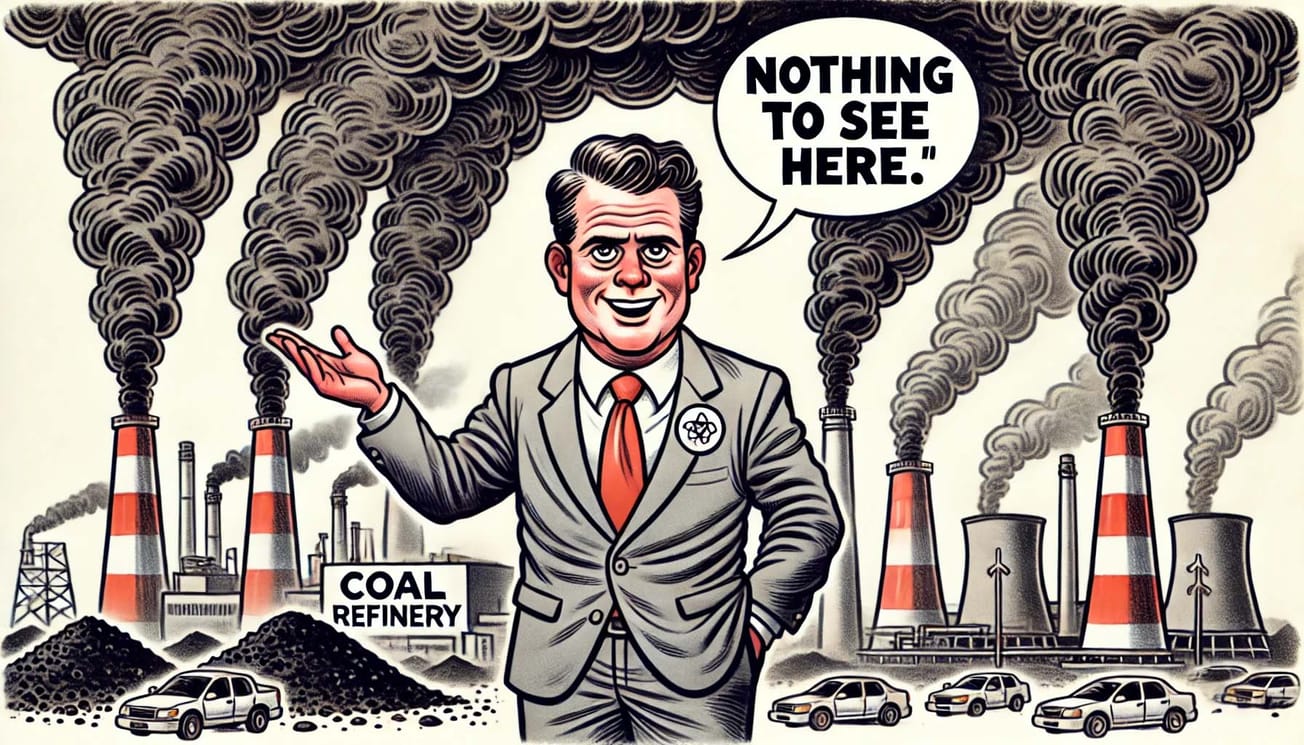All that learning of Greek verse by sound, strangely and surprisingly, translated into an “amazing” transferable skill of identifying birds by their calls - 150 different birds over three months.
But moreover, Kat’s life in an Amazon indigenous community 100 miles from the nearest road, with no running water and no electricity, changed her life for good. For a few years she returned to the Amazon to run around counting birds and being part of a few expeditions - including building balsa wood rafts and floating town a tributary of the Amazon for a few weeks.
And then somebody pointed out she should probably go back to the university to get a degree of some kind, before it was too late. She earned a wildlife biology degree with the intention of going back to hang out in the Amazon. But Kat Bruce doesn’t just hang out. Once she starts things she goes further than their conclusion. She continued studying and left only after receiving her PHD where she modeled a particular system of ant plants - plants in the Amazon that live symbiotically with ants. And she joined the rowing club and combined it with research in eDNA, and this became the evolution of her first start up company, NatureMetrics.
In the discussion on this episode of Green Planet Blue Planet, Host Julian Guderley follows Kat’s path to collecting eDNA, while combining it with a passion for rowing.
She joined a rowing team that was part of an initiative to gather data on the threats to biodiversity - pollution, plastics, sound pollution, but she recognized the need to tell the stories about what is possible to do to bring back biodiversity, clean up our seas and to restore the ecosystems.
So she put together her own ocean rowing team of women who work in the fields of nature and climate to row around Great Britain in 2024, while collecting all the data and telling stories.
To hear more about this journey, the outcomes and upcoming plans, listen to the entire podcast on the Better Worlds YouTube channel. If you like what you hear, let us know, subscribe and opt into notifications on new shows as they are posted.
About Kat Bruce
After completing her PhD in 2014, Kat set up NatureMetrics to bridge the gap between the powerful molecular tools being developed in the research world and the environmental managers who could benefit from their use. Her particular interest lies in how to bring together the worlds of research, industry and policy to drive forward advances in our capacity to monitor the natural world. Through her work in the EU COST Action project DNAqua-net, she actively works to help establish best practice for the use of DNA monitoring tools for aquatic bio-monitoring in Europe and beyond.
Monitoring Biodiversity Through eDNA
Realizing that by definition the Classics, Greek and Latin, really wouldn’t set her up for the future, Dr. Kat Bruce dropped out of Oxford and went as far away as she could, ending up in the Ecuadorian Amazon.



